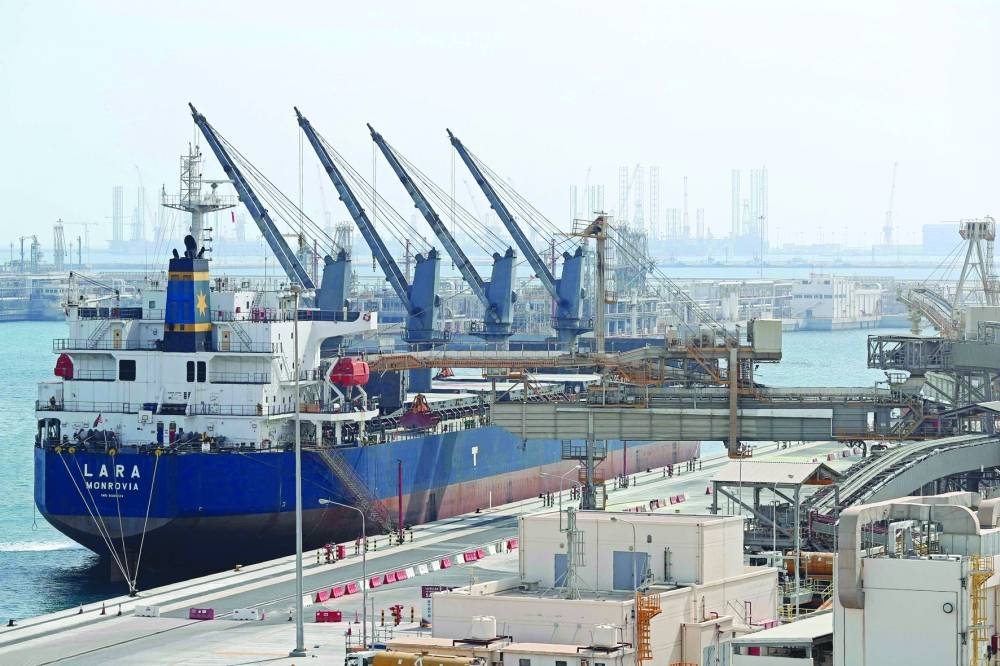The expansion of Qatar’s gas capacity and the pipeline of planned projects are expected to draw in further foreign investment, Oxford Economics said in a report.
“Our growth forecast is 2.7% for this year, and we expect the economic expansion to continue in 2024 as the government continues on supporting growth,” Oxford Economics said in its latest update.
On Fitch upgrading Qatar's credit outlook to positive, Oxford Economics noted, “Expectations of sustained fiscal surpluses have triggered Fitch to reaffirm its AA- credit rating for Qatar and upgraded its outlook to positive. This positive outlook is led by the expectation of a strong external balance sheet, low debt-to-GDP ratio, and sustained fiscal surpluses.
“This is in line with our view that Qatar will post a budget surplus of 10.3% of GDP in 2023, amid resilient LNG prices, and narrowing to 7.6% of GDP next year.”
According to Oxford Economics, the gas sector is a Qatar “priority”. Recent LNG deals awarded for the North Field gas expansion project will have a positive medium-term impact, facilitating an increase in LNG capacity by almost 65% to 126mtpy by 2027, from 77mtpy.
This includes multi-year supply agreements with China and Germany for LNG output set to be added in the first phase of the project due in 2026.
Non-oil sector recovery will slow in 2023 after a strong 2022. The non-oil sector is likely to have expanded by 6% in 2022, marking the fastest pace since 2015.
However, this is weaker than the 7.6% pace Oxford Economics projected previously, given historical data revisions.
Recent data showed oil activities expanded by 6.5% in Q2, 2022, down from 9.7% previously.
The pace will slow to 3.3% in 2023 as momentum eases with the conclusion of the World Cup. But this will still be stronger than the 2.7% expansion in 2021, which followed a decline of 4.7% in 2020, the researcher noted.
Inflation dropped by1.8% m/m in January, following the end of the World Cup, leaving annual inflation at 4.2%, markedly slower than the 5.9% rise in December.
Some of the key drivers behind the earlier rise in the headline, particularly recreation and culture prices, are now reversing. Although the decline is being offset by further rises in housing and transport prices, the drop in January inflation was larger than the researcher anticipated, prompting it to cut its 2023 CPI projection by 0.9ppts, to 2.3%.
This is less than half the average pace of 5% in 2022, Oxford Economics said.
Business
Qatar gas capacity expansion, planned projects pipeline to draw in further foreign investment: Oxford Economics

A view of the Ras Laffan Industrial City, Qatar's principal site for the production of liquefied natural gas and gas-to-liquids (file). Recent LNG deals awarded for the North Field gas expansion project will have a positive medium-term impact, facilitating an increase in LNG capacity by almost 65% to 126mtpy by 2027, from 77mtpy, according to Oxford Economics.

